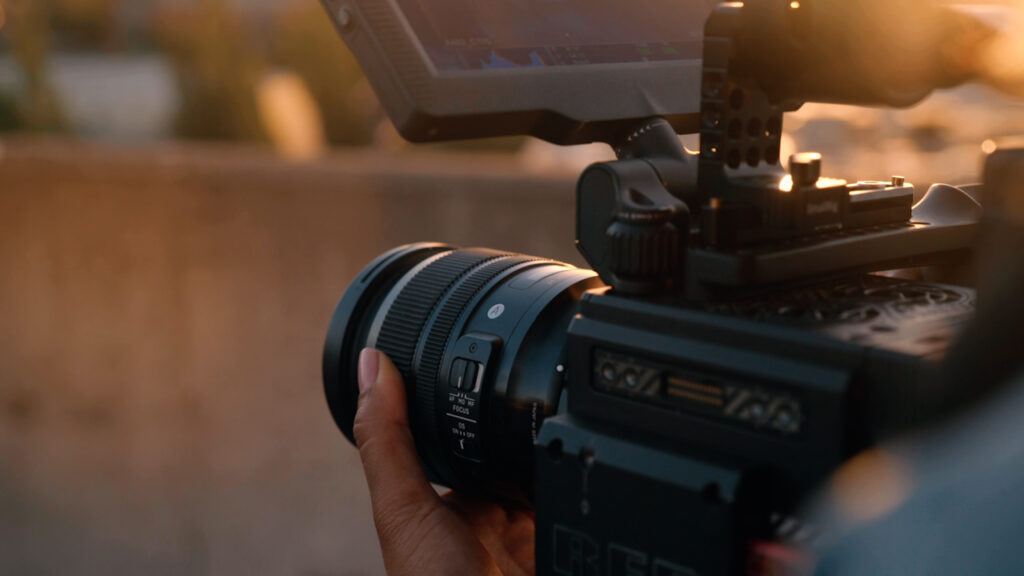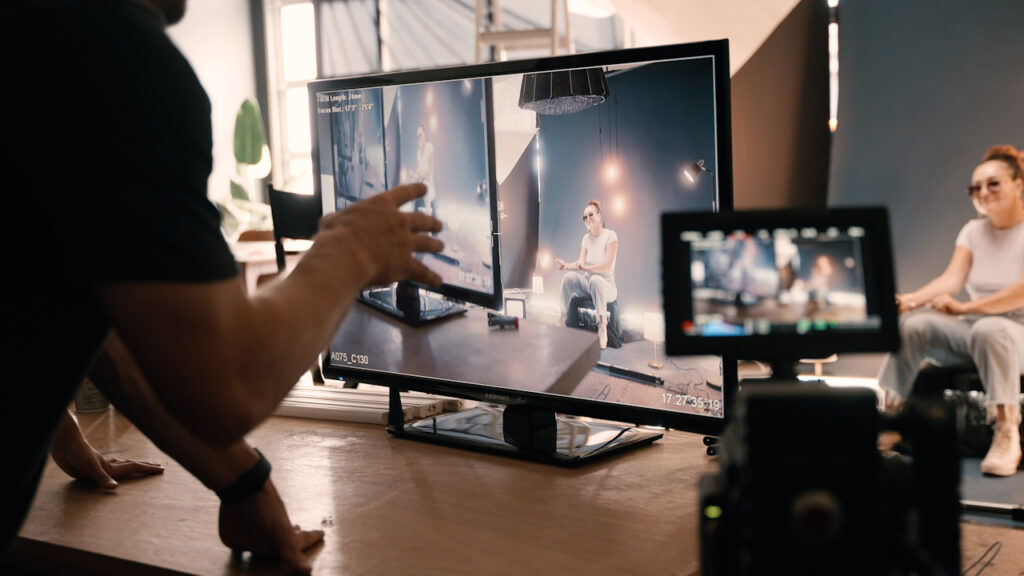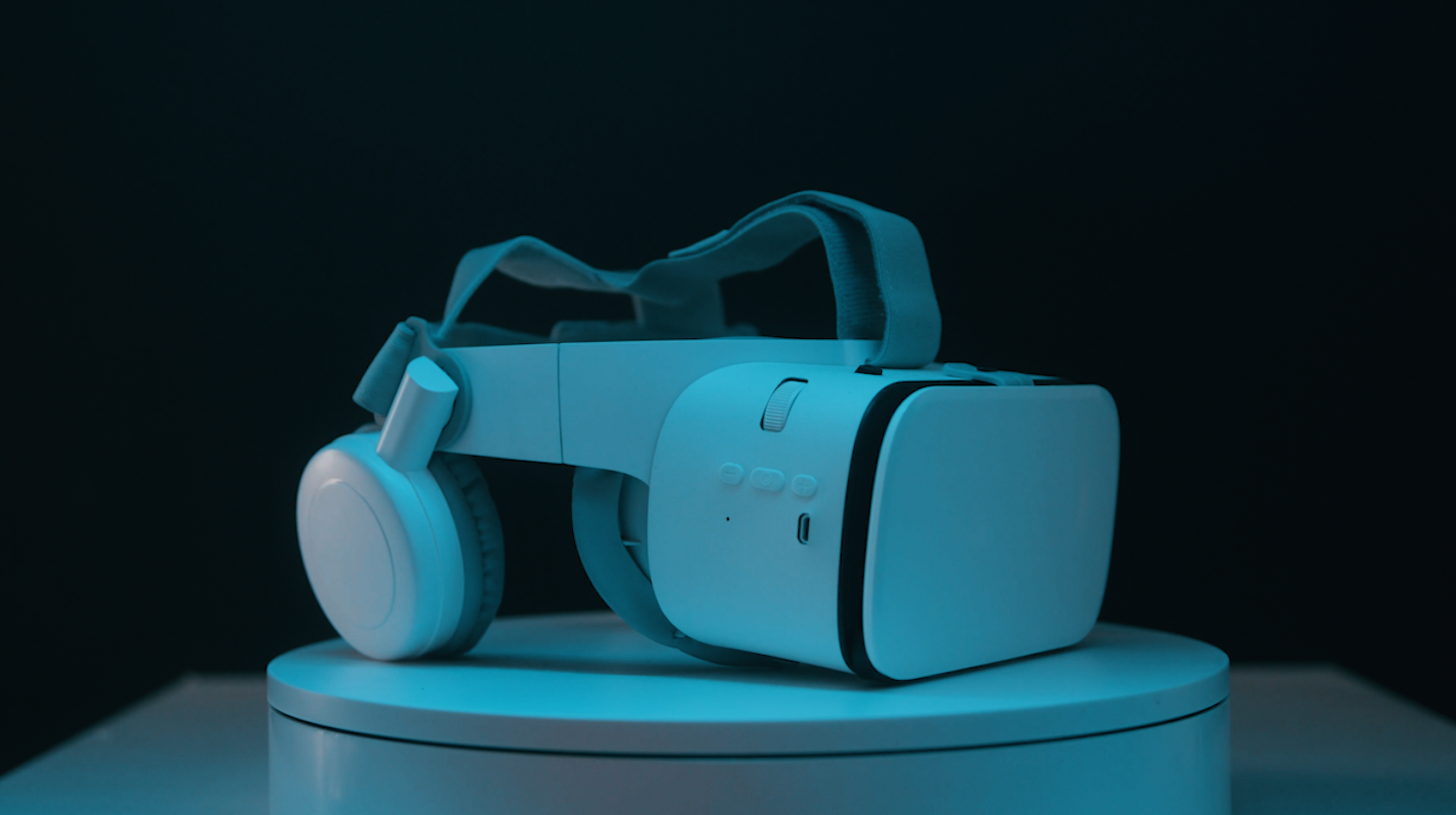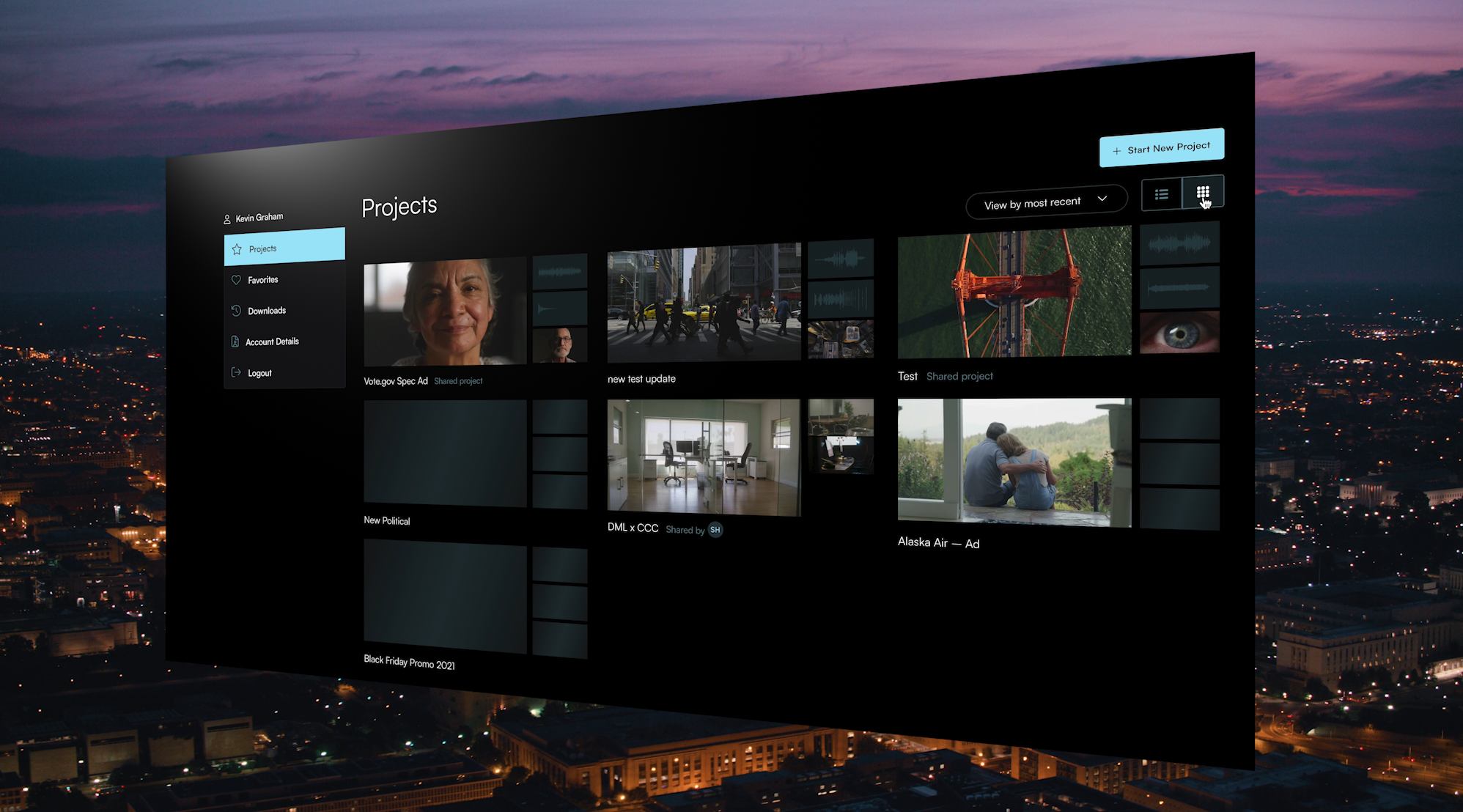
How To Maximize Your Efficiency As A Filmmaker
One of the most difficult parts of being a professional filmmaker is effectively managing and budgeting your time.
Continue ReadingIf you’re a professional filmmaker, I’d be willing to guess that the rapid advancement in the image quality of smartphone cameras, (particularly iPhones) has caused more than a few sleepless nights.
But will phone cameras ever actually replace high-quality digital cameras, or is that just more doomsday fear-mongering on the internet? Surely cinema cameras, with all of their functionality and cinematic sensor attributes, won’t ever be overtaken by iPhones and Androids, right?
Well, unfortunately, nobody can predict the future. But we can take a look at historical breakthroughs in technology to try and put this new camera phone scare into perspective for video creators.


First things first: these new phones have some serious firepower. Specifically, the Apple iPhone 14 Pro can be a video production beast, capable of shooting 4K and even shooting in extremely slow motion. The bottom line here is that modern smartphones can easily keep up in resolution with mainstream viewing platforms such as YouTube and even broadcast.
And with a couple simple camera app and hardware additions to the default setup, the phone gets even deadlier.
Paired with an app such as Filmic Pro, you can transform the phone into a full-on camera rig with manual control of focus (vs the default autofocus), frame rate, shutter speed, ISO, focal length, depth of field, color profile and color temperature, and more.
There are also several great gimbal options that sync with your phone, and function exactly like a stabilization gimbal would with a DSLR or mirrorless camera. Pair this with interchangeable lens (zoom lenses and even telephoto lenses are available for smartphones) and filter attachments for even further optical zoom and control of your image, and all of a sudden, that “phone footage” doesn’t look like “phone footage” anymore.
I’ve already seen some incredible examples of what these phones are capable of, even in low light (thank the larger sensors), and the quality is undeniable.
But this leads me to the primary reason why I’m not counting the seconds until my job is replaced by Samsung Android-wielding middle schoolers just yet.

We’ve seen it play out over and over again with technological advances in camera equipment, especially during the earth-shattering rise of digital video, and all of the accessibility it brought to the mainstream public: technology can only be leveraged as far as the skill, creativity, and expertise of the person using it.
A good eye will never be replaced. Creative intuition will never be replaced. The ability to use human emotions to craft a narrative will never be replaced.
A $200,000 dedicated camera rig in the hands of a novice won’t go nearly as far as a mobile phone camera in the hands of an expert. This is a dynamic that simply won’t change.
When analog film gave way to digital video, and a craft that once required years of experience and hundreds of thousands of dollars of gear suddenly became approachable to the mainstream, the vast majority of the old-school filmmakers didn’t suddenly lose their jobs. The successful ones adapted and embraced the new technology, and stayed relevant and in-demand.
I should note that while I believe smartphones can currently compete with DSLR cameras and other similar offerings from Sony, Nikon, Canon Panasonic, etc, there is still a very wide gap between phones and high-end, professional-grade cinema cameras such as those from ARRI and Red. It’s going to be a very long time before you can pack a large-format sensor with full dynamic range and world-class color science into a phone. Full anamorphic compatibility (and all of the bokeh and flares that come with it) will require more megapixels than are currently available in phones. It might happen someday, but for now, feature films aren’t in any danger of being filmed on a Google Pixel.



Yes, phones can be just about as good as DSLRs now.
No, you shouldn’t panic.
There is always going to be a need for individuals, businesses, and brands to digitally communicate, whether it’s on social media, their website, broadcast, or elsewhere. And the more accessible video production becomes to you and the general public, the more relevant it will become to your prospective clients and audience.
Your biggest asset isn’t your camera, but your skill behind it. Technology will always evolve, and if you evolve with it, you’ll stay busy and in-demand as a video professional.
Kevin Graham is the Creative Director at Filmpac.

One of the most difficult parts of being a professional filmmaker is effectively managing and budgeting your time.
Continue Reading
Virtual reality could be the biggest shift in the way we consume our content since the proliferation of the smartphone.
Continue Reading
Things move fast in the current video content production world, in terms of both trends and available technology. So where is 8k video?
Continue Reading
In the world of filmmaking, artificial intelligence (AI) has emerged as a game-changer. Here are the 5 best AI tools for filmmakers
Continue Reading
Filmpac’s newly-designed Project Feature is a powerful tool for collaborative video editing. Here’s a quick rundown of how it works.
Continue Reading

One of the most difficult parts of being a professional filmmaker is effectively managing and budgeting your time.
Continue Reading
Want to make money selling footage through a major stock footage platform like Filmpac? This page will walk you through the processs.
Continue Reading